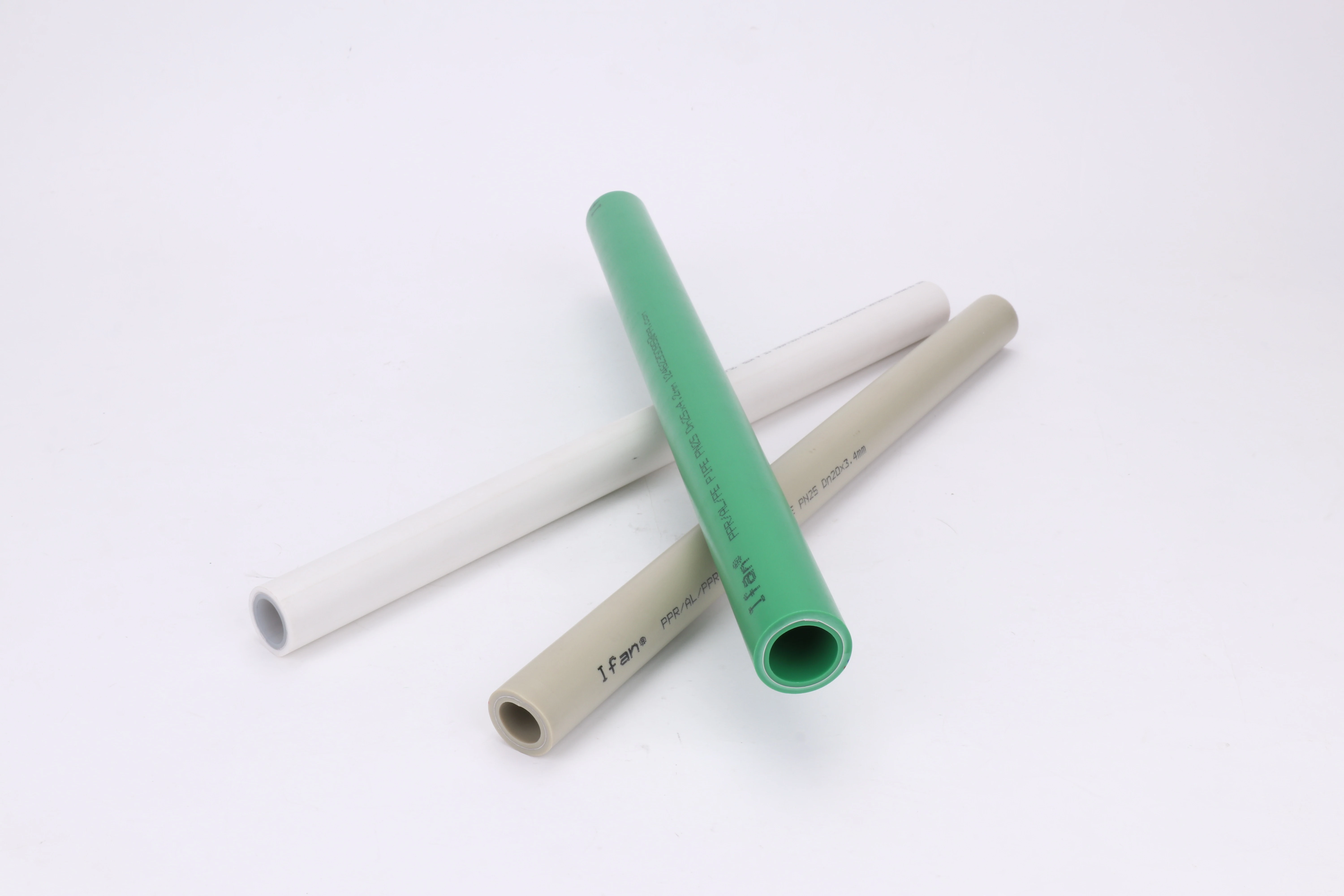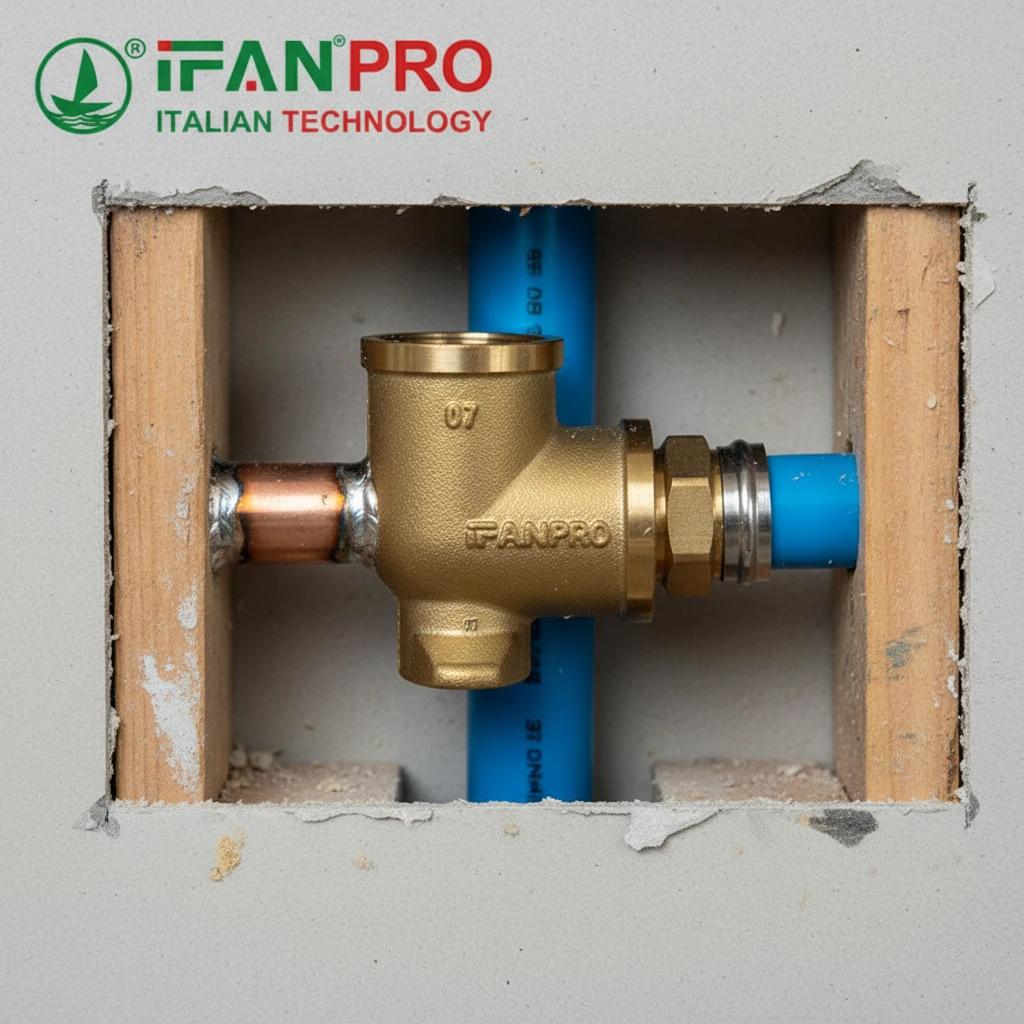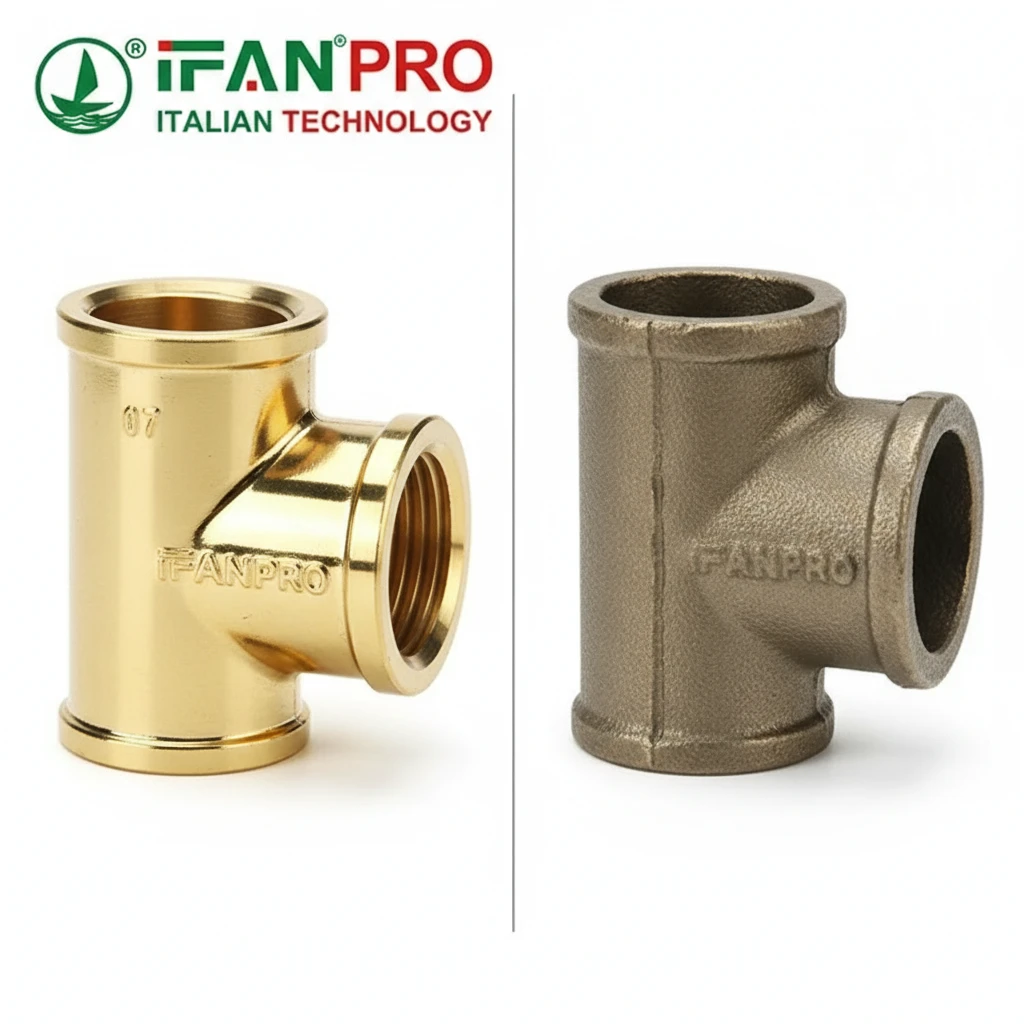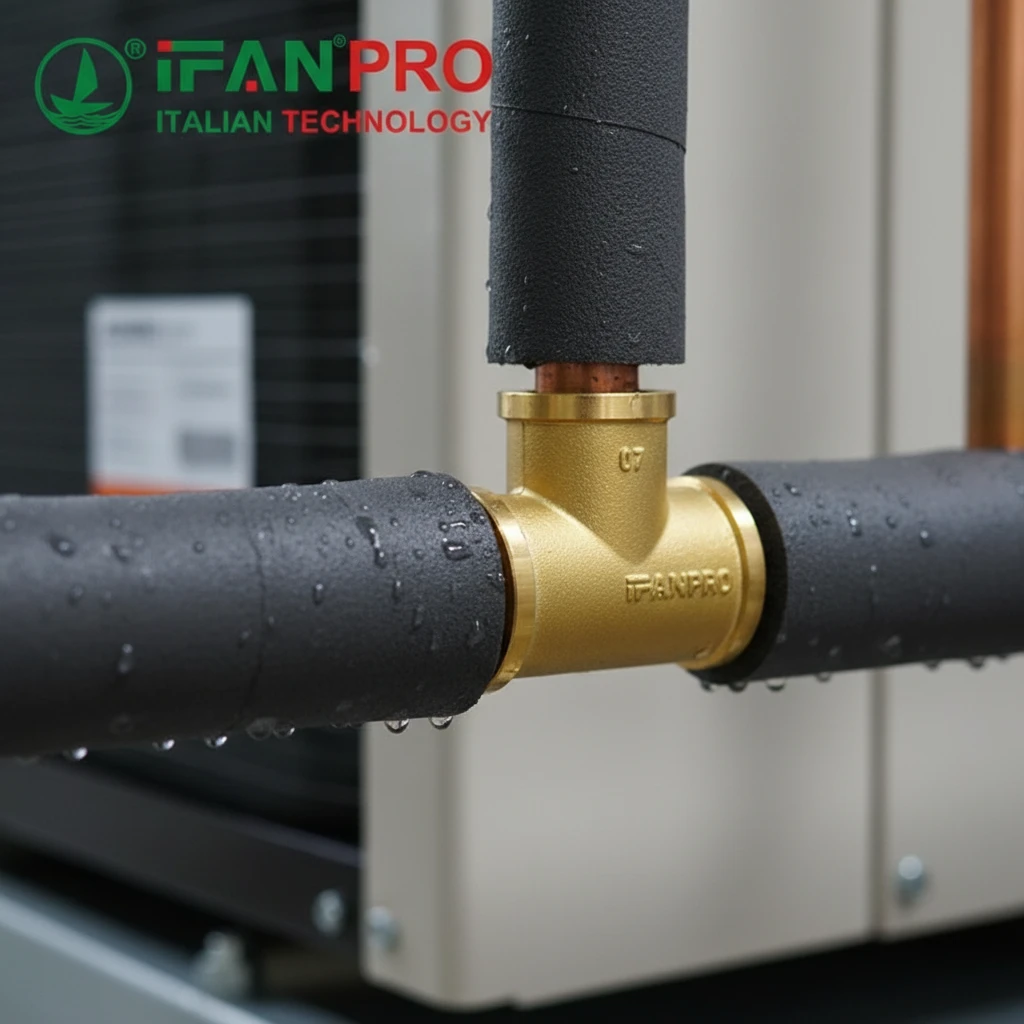When choosing pipes for your plumbing system, the debate between PPR and PVC often leaves homeowners and contractors confused. Both materials offer distinct advantages, but understanding their differences is crucial for making the right decision.
What Are PPR and PVC Pipes?
PPR (Polypropylene Random Copolymer) pipes are thermoplastic pipes made from advanced polymer materials. They’re designed for hot and cold water systems.
PVC (Polyvinyl Chloride) pipes are rigid plastic pipes commonly used in drainage, water supply, and irrigation systems. They’ve been a plumbing standard for decades.
Temperature Performance: The Critical Difference
PPR pipes excel in temperature handling. They withstand temperatures up to 95°C (203°F). This makes them ideal for hot water systems, central heating, and industrial applications.
PVC pipes have temperature limitations. Standard PVC works best below 60°C (140°F). Exposure to higher temperatures can cause warping and structural failure.
Durability and Lifespan Comparison
PPR pipes offer exceptional longevity. Quality PPR systems can last 50+ years with minimal maintenance. They resist corrosion, scaling, and chemical degradation.
PVC pipes also provide good durability. They typically last 25-40 years depending on usage conditions. However, they’re more susceptible to UV damage and temperature stress.
Installation and Maintenance
PPR Installation:
- Requires heat fusion welding
- Creates seamless, leak-proof joints
- Needs specialized equipment
- Professional installation recommended
PVC Installation:
- Uses solvent cement joining
- Quick and straightforward process
- Standard tools required
- DIY-friendly for basic applications
Cost Analysis: Initial vs Long-term
PVC pipes have lower upfront costs. Material prices are typically 20-30% less than PPR. Installation costs are also reduced due to simpler joining methods.
PPR pipes require higher initial investment. However, their extended lifespan and reduced maintenance needs often provide better long-term value.
Safety and Health Considerations
PPR pipes are completely non-toxic. They don’t leach chemicals into water supplies. This makes them ideal for drinking water systems and food-grade applications.
PVC pipes meet safety standards when properly manufactured. However, some concerns exist about potential chemical leaching, particularly in hot water applications.

Application-Specific Recommendations
Choose PPR for:
- Hot water systems
- Central heating
- Commercial buildings
- High-pressure applications
- Long-term installations
Choose PVC for:
- Cold water supply
- Drainage systems
- Irrigation networks
- Budget-conscious projects
- Temporary installations
Performance in Different Climates
PPR pipes handle extreme temperatures better. They remain flexible in cold conditions and stable in hot climates. This makes them suitable for diverse geographical locations.
PVC pipes can become brittle in freezing temperatures. They may also soften in extremely hot conditions, affecting structural integrity.
Environmental Impact
PPR pipes are recyclable and environmentally friendly. Manufacturing processes have lower environmental impact compared to many alternatives.
PVC production involves more complex chemical processes. However, modern PVC manufacturing has improved environmental standards significantly.
Making the Right Choice
The “better” option depends on your specific needs:
For hot water systems: PPR is clearly superior due to temperature resistance and safety features.
For cold water and drainage: PVC offers excellent value with proven performance.
For long-term investments: PPR’s durability justifies the higher initial cost.
For budget projects: PVC provides reliable performance at lower cost.
Professional Installation Matters
Regardless of your choice, professional installation ensures optimal performance. Proper installation techniques maximize pipe lifespan and system reliability.
At Yifan Pipeline, we specialize in both PPR and PVC pipe systems. Our custom manufacturing capabilities ensure you get the right solution for your specific requirements.
Conclusion
Both PPR and PVC pipes have their place in modern plumbing systems. PPR excels in hot water applications and long-term durability. PVC offers cost-effective solutions for cold water and drainage systems.
Consider your specific application, budget, and long-term goals when making your decision. For expert guidance and custom pipe solutions, consult with experienced manufacturers who understand both materials’ capabilities.
Need help choosing between PPR and PVC for your project? Contact our pipe specialists for personalized recommendations and custom manufacturing solutions.













Commentaires récents